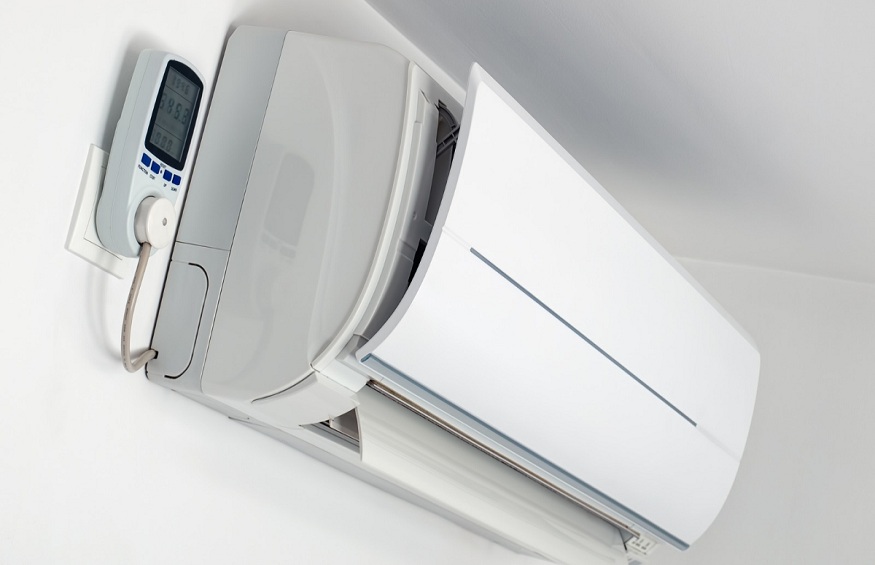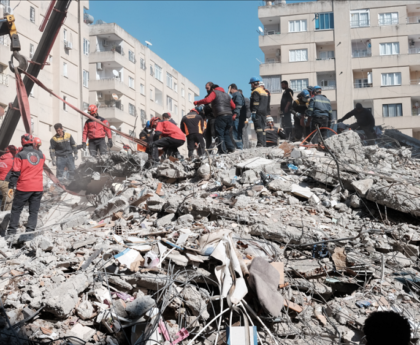Refrigerants are chemicals used in air conditioning systems to transfer heat from the interior to the exterior of a building. Air conditioners function by circulating refrigerant through a coil system. As the refrigerant dissipates, it captures and cools the interior air’s heat.
The refrigerant then flows outside, evaporating and releasing the heat that it absorbs. This procedure is repeated until the desired temperature is achieved. There are a variety of refrigerants, but they all serve the same primary function: to keep your air conditioner operating efficiently and effectively.
Factors of a Gas Leak
Several reasons may contribute to an aircon gas leak, including:
Corrosion: In the context of a gas leak, corrosion can cause leaks in an air conditioner’s piping or valves, resulting in the departure of refrigerant gas.
Improper installation: This may involve using incorrect fasteners or nails to secure the unit, not properly sealing connections, or failing to ensure that all components are properly aligned.
Damage to refrigerant lines: If the refrigerant connections are compromised, they could potentially release gas. This could happen if a sharp object (such as a screwdriver) unintentionally punctures the line, the cable is kinked or distorted, or the insulation on the line is compromised.
Malfunctioning Schrader Valve: The Schrader valve is a crucial component of an air conditioning device, as it permits the measurement and discharge of system pressure. If this valve is not operating properly, it can lead to a gas discharge.
Leaky connections in the control valve: The control valve is another essential AC component that regulates refrigerant passage through the system. If the connections on this valve are defective or loose, a gas discharge may result.
Overuse: Excessive use of an air conditioner can strain its components, which may result in premature failure and leakage.
Incorrectly soldered fitting controls: If the AC unit’s fittings are not soldered properly, they may become open and cause a gas discharge.
Symptoms of a Gas Leak
There are a few distinct indicators of a gas discharge. The odour of natural gas, which has been described as “sulfurous” or “rotten eggs” is one of the most prevalent.
Do not light matches or switch on the lights if you scent gas, as this could create a spark and ignite the gas. Another indication of a gas escape is a hissing or booming sound.
If you hear this sound, gas is escaping from the conduit, and you should promptly evacuate the area.
Lastly, if liquid is leaking from your pipelines, this is also an indication of a gas breach.
Gas Leak Preventions
Several measures can be taken to prevent a gas discharge in your air conditioner. First, ensure that your unit receives routine professional maintenance. This will ensure that all components are in proper working order and there are no potential breaches. Install your air conditioner according to the instructions. This will aid in preventing erroneous connections that may result in a gas discharge.





